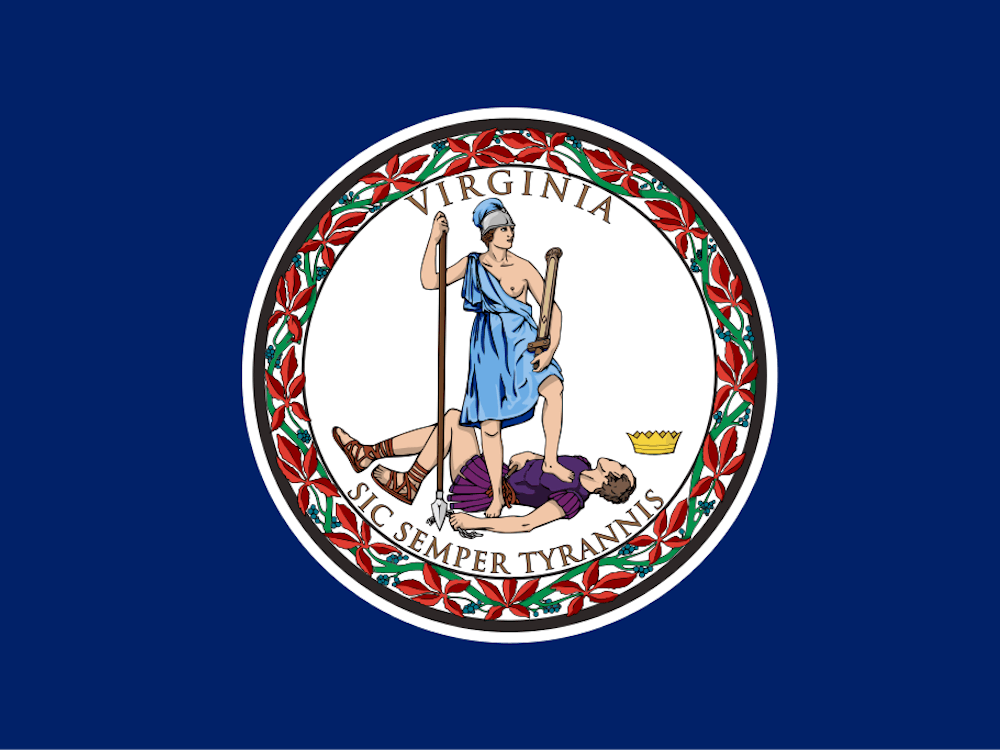Colin Kaepernick’s “Take a Knee” movement has gained significant traction in the current zeitgeist. His first comments about the demonstration were blunt: “I’m not looking for approval; I have to stand up for people who are oppressed.” As we know, Kaepernick certainly hasn’t received universal approval. The “Take a Knee” movement consists of kneeling during the National Anthem to bring awareness to police brutality and racial injustice in the United States. Naysayers claim the act is fundamentally disrespectful to the United States, the flag and the military. However, a closer inspection of the movement and the history of peaceful protest shows that taking a knee during the anthem is actually itself an act of patriotism.
According to the U.S. Flag Code, kneeling during the anthem is a conduct violation at worst, but not disrespectful. However, the indignation of this demonstration rarely stems from concerns about the flag code. Many simply want players to perform proper patriotism and nationalism and seek to prevent fans from feeling uncomfortable. This discomfort arises from the intersection of activism and entertainment and a deeply vested wish to remove politics from pastimes. Ultimately, the demand for NFL players to stop taking a knee is undue, unfair and antithetical to American values.
Kaepernick and other player’s protests come from a place of urgency — police brutality exists and needs to be addressed. In the first half of 2017, 27 unarmed citizens were fatally shot. According to tracking by the Washington Post on police shootings, black males account for 25 percent of those unarmed fatalities, yet African Americans demographically comprise only six percent of the U.S. population. This is a ludicrously imbalanced ratio. Regardless of the motives behind the demonstrations, the right to protest should be respected, especially by dissenters criticizing players of exhibiting “poor patriotism.” The act of silently taking a knee is constitutionally protected under the First Amendment. The outrage against this act of protest has arguably unleashed more un-American behavior in opposition. President Donald Trump’s ineloquent words have incited more hateful speech than Kaepernick and his followers’ kneeling ever have instigated on the field.
Lastly, the difficulty of navigating racial conversations for activists is immense. Angry protests are labeled as antithetical to peaceful protesting. LeBron James’ choice to wear a t-shirt that read “I can’t breathe” to highlight Eric Garner’s final words was condemned. The Hamilton cast’s eloquent plea to Vice President Mike Pence was also panned as disrespectful by many. Anyone, especially a person of color, speaking on this issue is ultimately put into a double bind. Both the speech they are criticized for and the speech deemed “respectful” by critics are out of bounds. The question remains — is there any type of protest that can utilized by people of color and not be deemed offensive? Again, there’s the inescapable burden of the present on Kaepernick, but the promise of historic vindication is promising. Look no further than the 1968 Summer Olympic Games in Mexico City, when Tommie Smith and John Carlos iconically raised their fists in protest for “all the working-class people — black and white — in Harlem who had to struggle and work with their hands all day.” Public outrage in the 60s eerily mirrors today’s tumult. The crowd went silent and proceeded to scream the national anthem so loudly that, in the words of Carlos’ memoir, “It was like they were saying, ‘Oh, you anti-American sons of bitches. We’re going to shove the s—t down your throat!” With the passage of time, most Americans would now identify this protest as one of the most memorable and impactful statements in American history. However, like Kaepernick, they too suffered, bearing unbelievable public pressure and loss of opportunity in the peak of the careers, by the choice to make the personal political.
Ironically, one of the most common criticisms against kneeling is the claim that it is disrespectful to the military. However, the blood shed by our military men and women serves to protect these types of speech. As one veteran states, he served because “the flag represented our freedoms — freedom of speech, freedom of the press, freedom of religion.” Indeed, NFL players are living out these freedoms. Let us not let the white stripes represent the privilege of whiteness to speak. Let the flag’s stripes be true to their real intent. Be proud that players make a stand by sitting down.
Katherine Smith is a Viewpoint writer for The Cavalier Daily. She can be reached at opinion@cavalierdaily.com.







